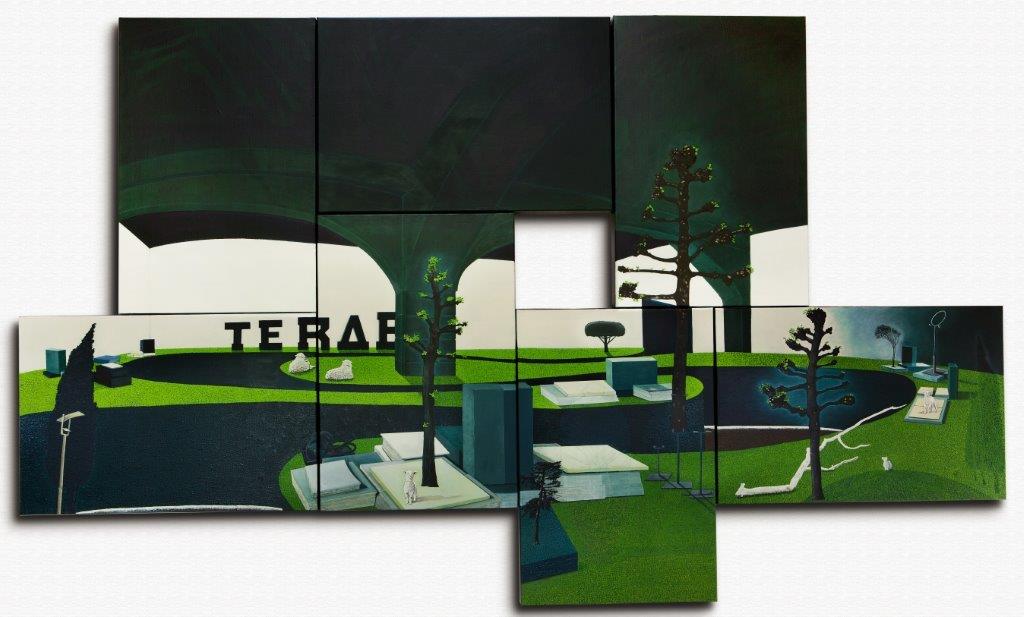European Society for Oceanists 2017 Conference
11th ESfO Conference. Munich, 29 June 2017 - 02 July 2017Conference OrganizersProf. Dr. Eveline Dürr (Chair) Dr. Philipp Schorch (Deputy Chair) Dr. Sina Emde Dr. Rebecca Hofmann Dr. Arno Pascht Patric Hippmann Marie Eser Vivien Ahrens Desirée Hetzel Jeannine-Madeleine Fischer Oliver Liebig
Ludwig-Maximilians-Universität Munich Department of Social and Cultural Anthropology
Download the Call for Papers as PDF Download the Overview Timetable as PDF Download the Timetable as PDF Download the Information Sheet as PDF Download the Programme Booklet as PDF | Experiencing Pacific Environments
People in Oceania experience diverse life-worlds undergoing profound transformations. Migration, urbanisation, religious movements, resource extraction, and climate change, as well as new technologies like the internet and mobile phones, are just some of the recent changes that are reconfiguring Pacific environments. Pacific lives have always featured mobilities, networks and relatedness, but the contemporary era lends these experiences new qualities and meanings. Experiencing Pacific environments presents new research challenges: How are Pacific life-worlds created and experienced through interactions between human and other-than-human entities? How are experiences and environments reconstituted in times of spatial and temporal reconfigurations?
The theme of the 11th conference of the European Society for Oceanists encourages participants to discuss these questions by examining the concrete empirical realities of the Pacific. We propose viewing these human and other-than-human ‘experiences’ as embedded in, and lived in relation to, specific ‘environments’. The ‘environment’ is understood in its broadest sense – encompassing land, water, climate, material things, social, political, and economic formations and spaces, or architectural settings, engineered landscapes and urban worlds. In what ways are these environments specifically ‘Pacific’, and are there ‘Pacific’ ways of experiencing environments? To address these questions, the cultural-geographic label ‘Pacific’ is broadened beyond the territorial confines of Oceania to include Pacific interventions and presences in other contexts and regions such as through film, media, museums, performative arts, tourism, or trade and political relations. We aim to produce innovative insights into experiences of Pacific environments, and to contribute to an adjustment and refinement of our analytical lenses and vocabularies. With this goal in mind, we invite interdisciplinary dialogues between anthropology, art history, archaeology, biology, geography, history, linguistics, media studies, political science, and other fields; and we specifically invite artistic contributions, such as films and video installations, that will contribute to a wider dialogue between the arts and academia. With this conference, we hope to shape a better understanding of Pacific life-worlds, and, through this, to make a meaningful impact upon academic theory building and political decision-making. Pacific environments and Pacific experiences, diverse and transformed, homely or risky, are in question. |
 | |
 Huhana Smith, Te Rae #2, Rae ki te Rae/Face to Face, 2013
Huhana Smith, Te Rae #2, Rae ki te Rae/Face to Face, 2013